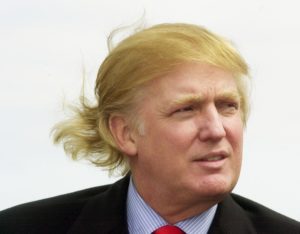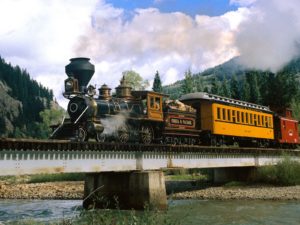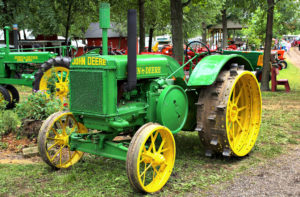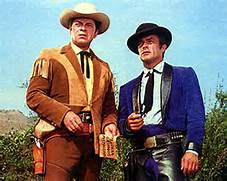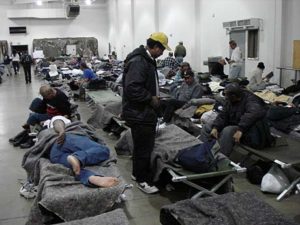At the Crossroads in 2016
This is a guest post by my wife, Carol Leavenworth.
At the Crossroads in 2016
By Carol Leavenworth, LPC
Most of the time I try to ignore politics. But this year the presidential campaign has become so bizarre that I’ve been watching with a kind of morbid fascination. How did we get here? How could a man like Donald Trump possibly have become a serious candidate for President of our country?
As a Jungian therapist, I have to ask myself how I and other politically liberal people may have unconsciously contributed to Trump’s success. Observing the contrast that emerged from last month’s political conventions between the Democrats’ positive vision for the future and Republicans’ negative and pessimistic view, I think I have begun to understand why these two wildly disparate standpoints appeal to such vast numbers of Americans.
As a psychotherapist I know that the loss of the fundamental safety and comfort that we enjoyed while we were held in our mothers’ wombs is a universal human experience. At birth we are thrust into a world of uncertainty and fear where our needs will never again be met instantaneously and our very survival is not necessarily assured. And life continues to become ever more precarious from there. The story of the expulsion from the Garden of Eden reflects this experience.
Life outside The Garden is filled with danger and risk. Growth is impossible unless we embrace this reality. We must leave our mother’s side and venture out into the world – to school, to work, to new homes that we create for ourselves. That most of us do this pretty well doesn’t mean we are always comfortable with our lives or that we necessary feel all that safe.
But we want to be. A primary motive driving us throughout adulthood is to find the lost wholeness, safety and comfort that some small part of each of us vaguely remembers from the far distant past.
In tough scary times like these, this drive is even stronger. To allay our fears and satisfy deep needs to feel safe and whole we are inevitably drawn to leaders who encourage us to lay down our burdens and give over our struggle to a strong parent figure who will make it better for us. This is a profoundly human impulse, and today Donald Trump is the man who is appealing to that impulse.
Well good, you might say. Why not let him do it? The difficulty here is that it won’t work. We can’t resolve life’s important challenges by giving in to shadowy fears and returning to old dependencies. Going back will not help. In fact whenever we act on these regressive impulses, we risk ending up worse off than before. Think back on your own life. Most if not all of us can find instances in our own personal histories when we’ve chosen what we thought was the safe road only to find ourselves with more problems than ever.
But if we can’t go back, what will work?
It was First Lady Michelle Obama speaking at the Democratic Convention who reminded me of the viable and healing way through dark times. Her remarks swept away the negative and pessimistic mindset that I had fallen into as I watched the nightly news reports throughout the winter and spring. Hearing her, I recalled to myself the truths that I try to impart to others in my work as a psychotherapist. It is the choices we make from our best selves that are the ones that enable us to move forward in resolving life problems, big and small. Even more importantly these are the choices that build the inner capacities and strengths that will ultimately bring each of us to a new experience of the abiding wholeness and safety that can arise only from within. We heal ourselves and the world in the process of creating, developing and expressing our best selves.
The enormous divide that we see between the two major candidates for President tells us that we have arrived at a great crossroads. Eight years ago we made a courageous decision to elect the first African American man to the Presidency. He pulled us back from the brink of worldwide economic ruin and brought us here to the time when we are asked to make the even more courageous decision to elect a smart, politically savvy, seasoned and progressive woman to be our President.
Hillary Clinton points us to a future where we face the challenges that confront us head on rather than building walls and hiding behind them. She invites us all to work together to secure our futures. She affirms that none of the tasks before us can be solved by one person or one group. She does not promise to take care of us. She promises to lead us. And she asks us to dig deep once again and act from our best selves.
When we do, we help the world and we help ourselves. Acting on our best selves out in the world feeds our souls and contributes to the long and difficult task of rebuilding the inner wholeness that is the true goal of our searching hearts.


